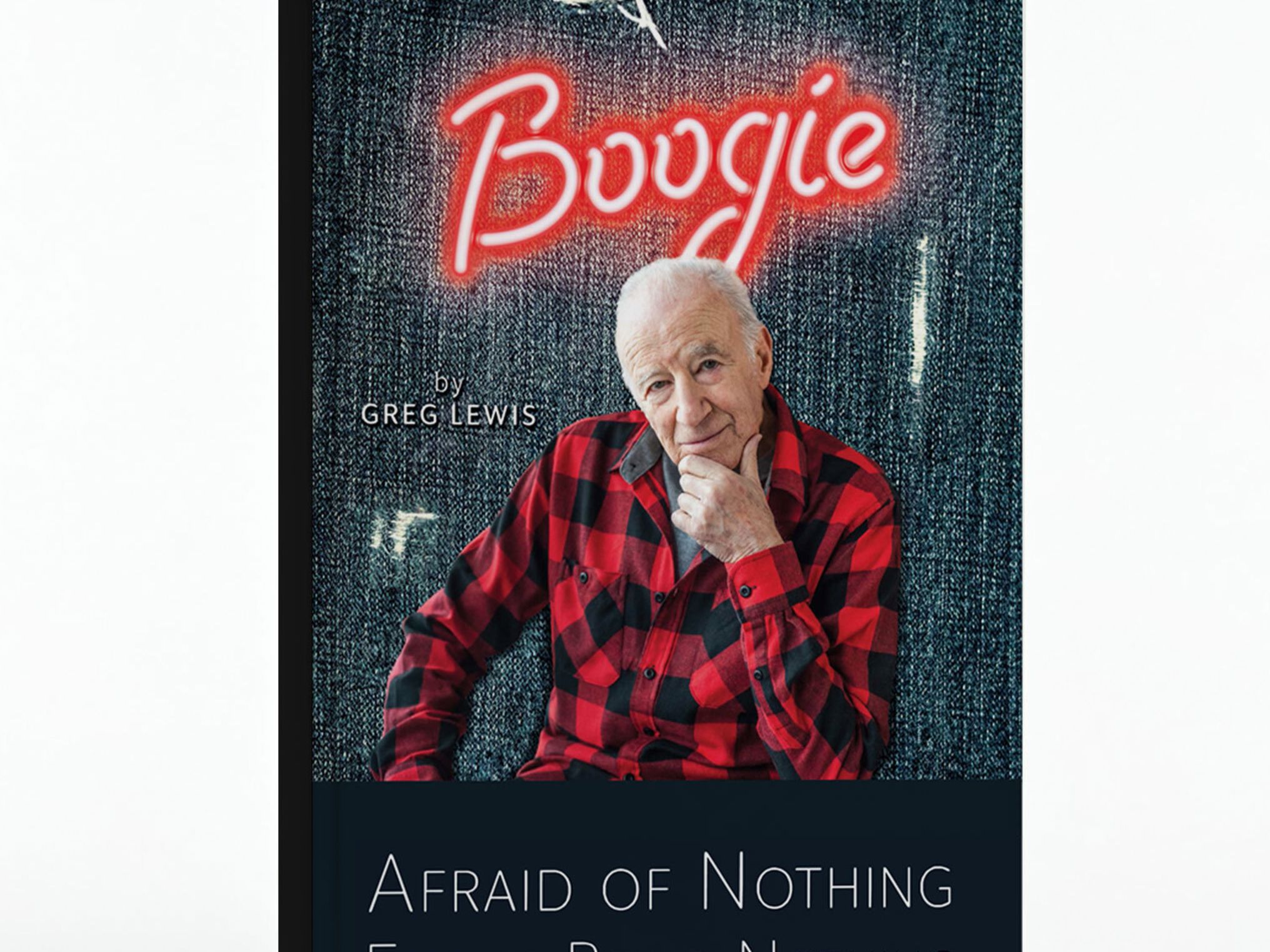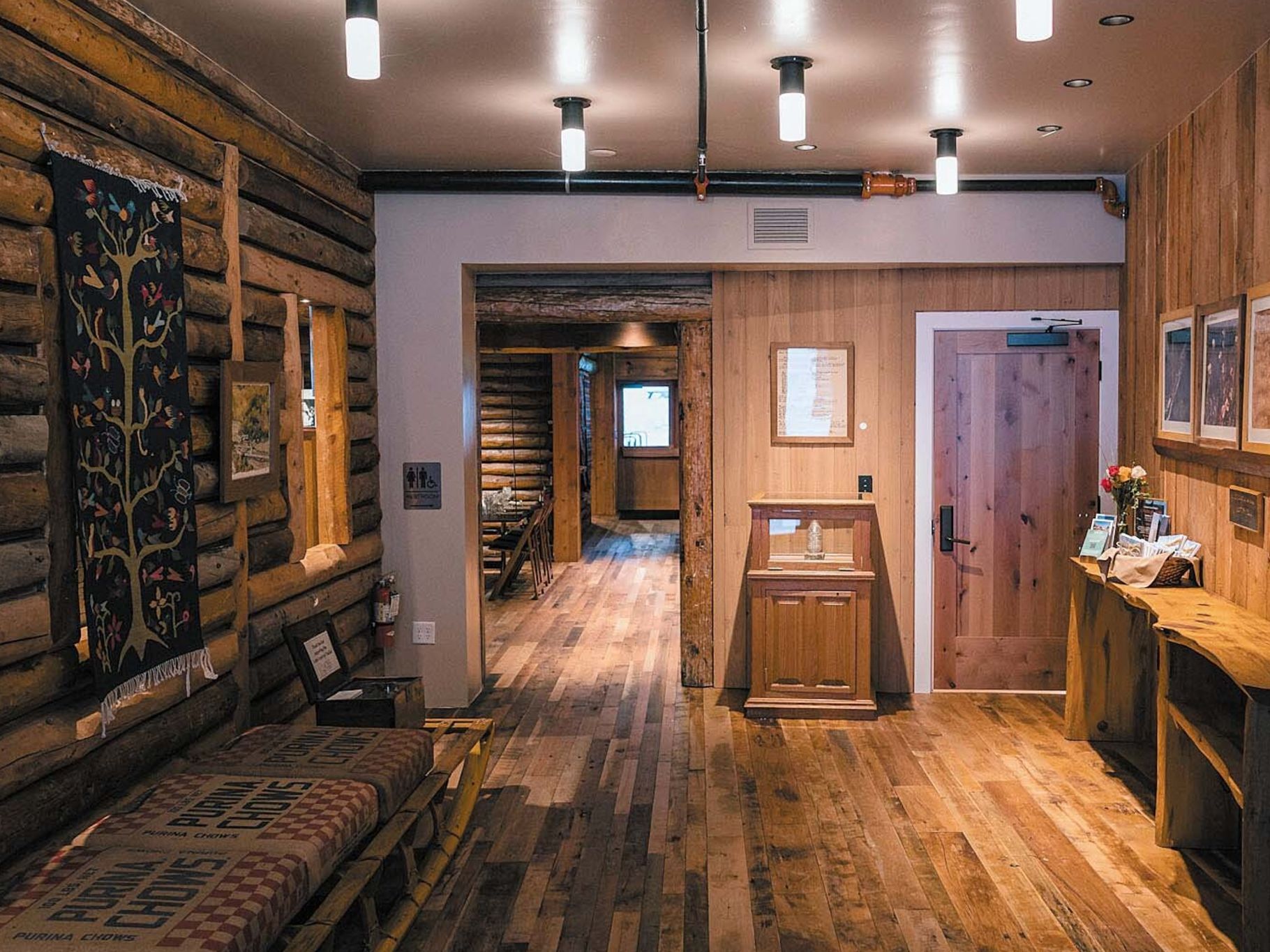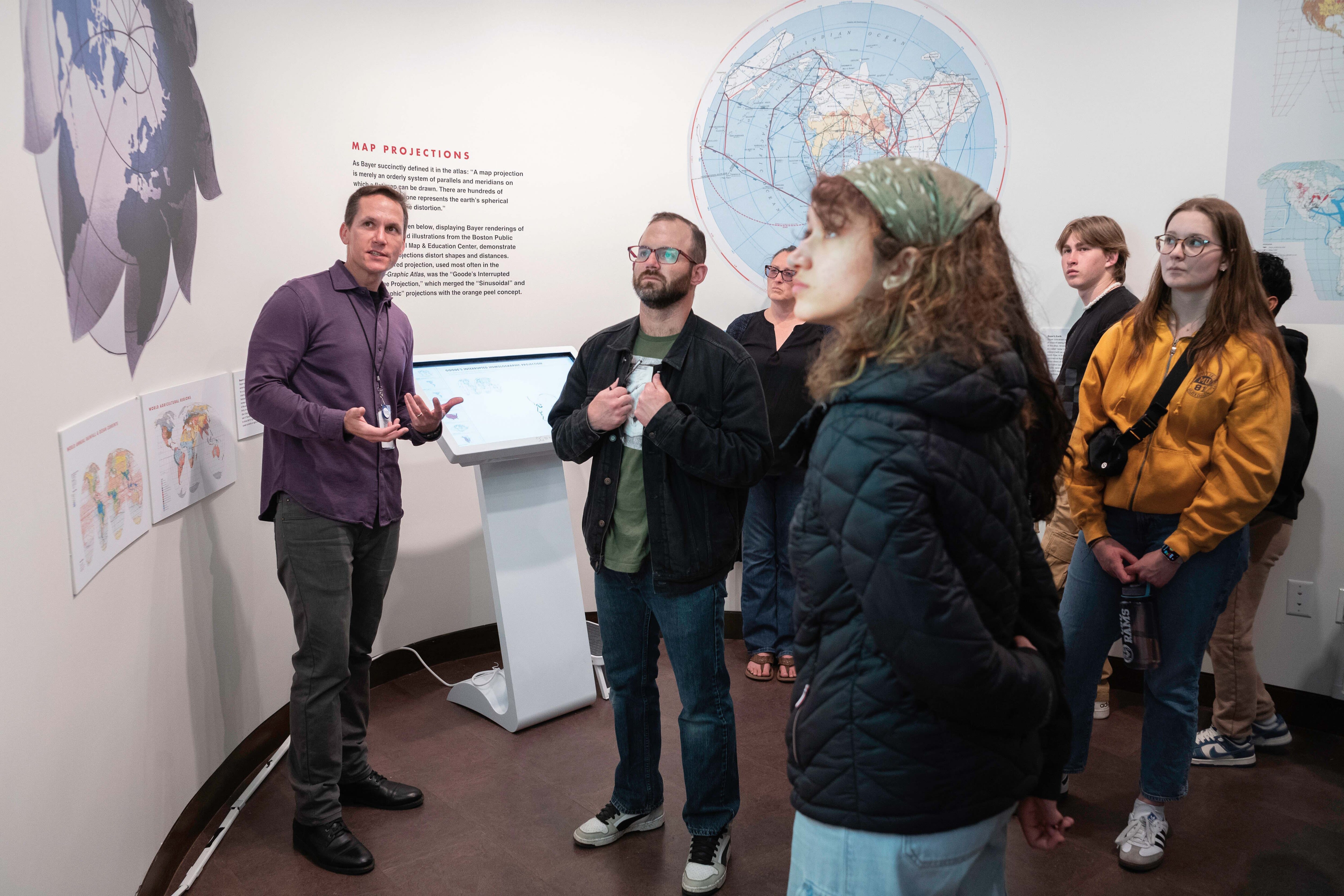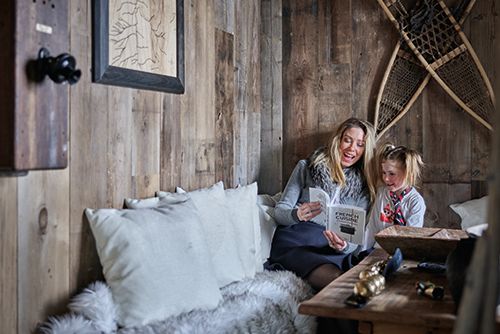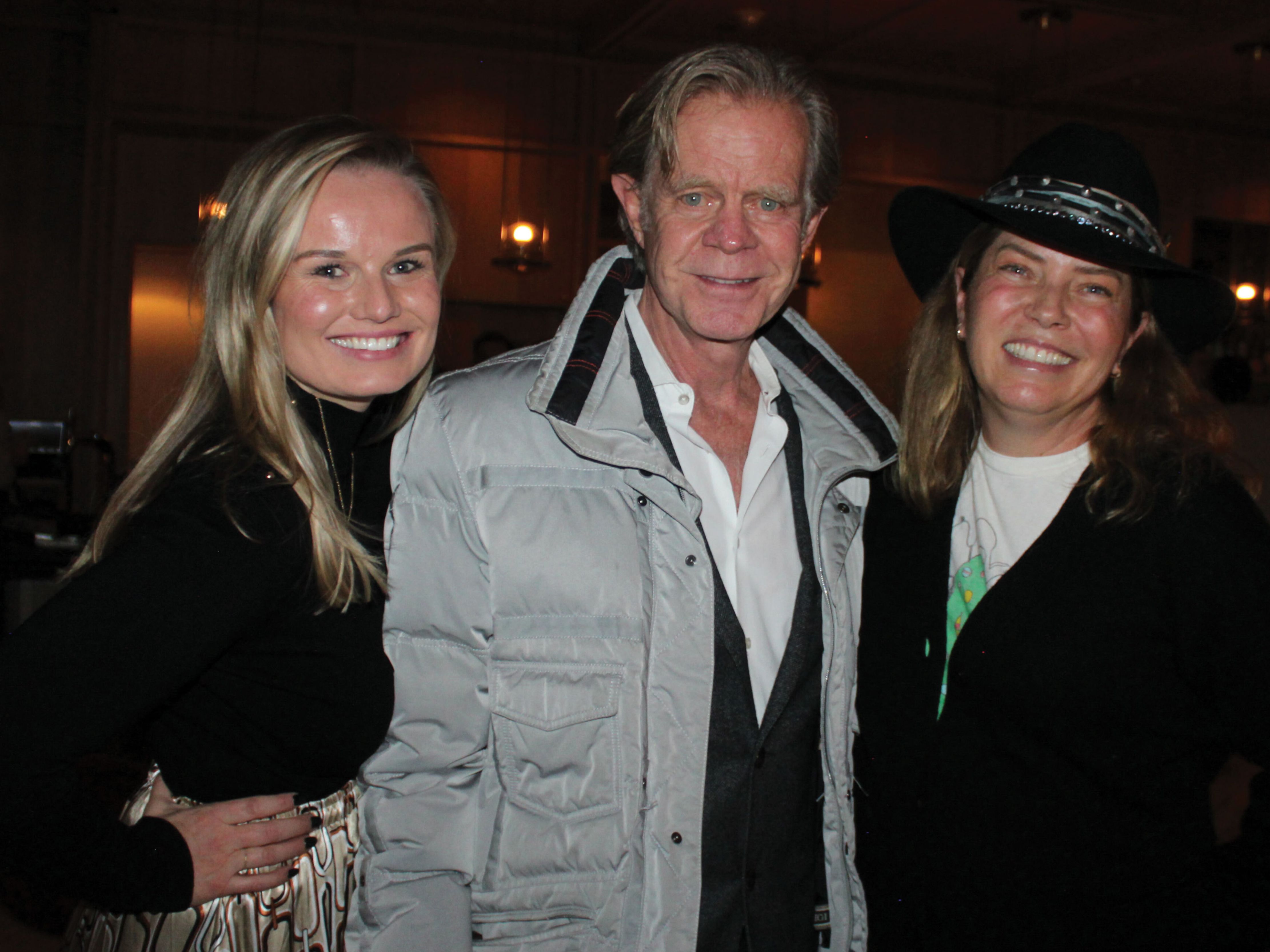An Interview with Lisa Taddeo, Who Kicks Off Winter Words' 2020 Season

Lisa Taddeo
In the New York Times best-seller Three Women, journalist Lisa Taddeo offers an unusually intimate and remarkably thorough look at female sexual desire in contemporary America. Over the course of years of first-hand reporting, she profiles Maggie, a high-school student who allegedly had a physical relationship with a teacher; Lina, a homemaker who reconnects with an old flame; and Sloane, a restaurant owner who is married to a sexual voyeur.
In advance of her January 7 appearance at Winter Words, we caught up with Taddeo by phone to learn more about the process of researching the book, some of the insights she gleaned while writing it, and her hopes for her own young daughter.
Taddeo will discuss her work with Aspen Public Radio arts and culture reporter Christin Kay at Paepcke Auditorium at 6 p.m.; tickets are $25.
Aspen Sojourner: What was your original pitch for this book, and what did you hope to accomplish?
Lisa Taddeo: It started when my editor asked me if I wanted to write a book and what I wanted to write about. After reading Thy Neighbor’s Wife by Gay Talese—it’s about sex and desire post–World War II to the 2000s—I was interested in the idea of exploring human desire. My editor liked the idea of an update of sorts to that book, but I had never considered writing a non-fiction book. My initial plan was to look at a wide swath of the country, until I realized what I really needed to do was a more focused and in-depth exploration.
AS: This took you almost 10 years to research and write. What kept you going?
LT: I didn’t want to let people like my editor down. Once it got to the point where I had invested years of time, I didn’t want to quit. I also wanted it to be good, and it wouldn’t have been good at the two-year point. It took me that long to figure out what I wanted to do. And the women I spoke with were inspiring to me.
AS: From the thousands of hours of research you did, how were you able to distill your information down to the final book?
LT: These three women—Maggie, Lina, and Sloane—gave me so much. It’s really hard to get people to talk about sex and their own desire, especially in detail and for inclusion in a book. I was struck by how superior the conversations were with these women.
AS: This is a work of non-fiction that reads like fiction. Why was that important to you?
LT: I read fiction for the most part and never thought I would write a non-fiction book. I was very conscious of wanting to write something I would want to read. I wanted it to be interesting, propulsive. I knew what I wanted a paragraph to look like, so I would fill in interesting details with the women’s stories. It was a painstaking process, but I knew I wanted to share as much about Maggie, Lina, and Sloane’s daily lives as I could with very specific information.
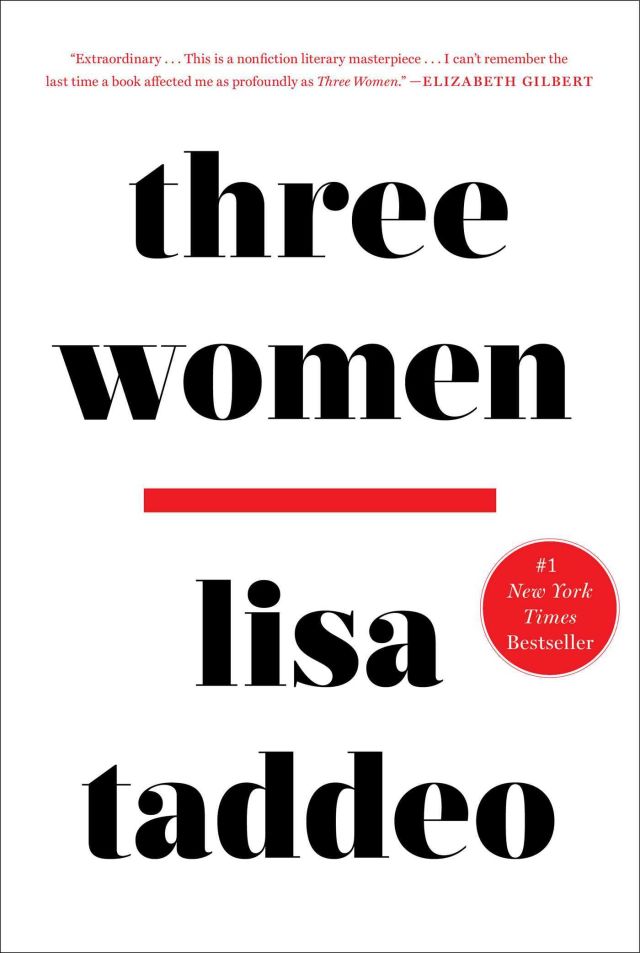
AS: Judgment is a heavy and pervasive word when it comes to desire. How can we better refer to it?
LT: I don’t get the people who judge something that has nothing to do with their life. When we start to judge—because it happens—I think we have to stop and look in the mirror to examine our own fears and shame.
AS: Did you notice generational differences around desire?
LT: Totally. Women in their 70s were often raised with the belief that no one is going to buy the cow when you can get the milk for free. And now it’s normalized for 12- and 13-year-old girls to give blow jobs. I feel like young women think they have to compete with porn. For girls who are 14 to 25, social media makes them feel like they’re missing out if they aren’t posting sexy pictures, yet then they are criticized for it. Everything is very hypocritical.
AS: Considering all that you learned, are you hopeful or concerned about the state of desire for women in the US? And what about for your daughter?
LT: I’m definitely concerned but also hopeful. One of my biggest things is that we’re talking about what we don’t want with the #metoo movement. But we aren’t talking about what we do want. As more women talk about this, my hope is for people to get more comfortable with the discussions. As for my daughter, recently a little boy told her girls couldn’t be ninjas—she had once been a ninja for Halloween, and she was upset. I told her everyone is the same as far as what rights we have and what we can do. I may be crazy militant about this, and I hope my craziness doesn’t push her the other way, but her desires should be hers alone. She’s only four—we’ll see how it goes!
AS: What’s the biggest take-away you want for readers?
LT: How can we feel empowered if we don’t feel seen? The people who talked to me were feeling great pain and didn’t feel like they could talk to other people. There are so many conversations we aren’t having. For example, in Maggie’s case, seeing her as a victim of her desire and not as a whole person is unfair.
AS: You got married and had your daughter during this project; how has your personal relationship with desire changed?
LT: Before I started, I guess I didn’t understand as much about women as I thought I did. I don’t know that my desire changed, but the way I am more forgiving and understanding about it has improved.

